Tetsu Fujimura’s keynote talk The Future of Japanese Intellectual Property in Global Adaptations offered TIFFCOM attendees a convincing argument that Japanese IP is quickly becoming one of the country’s core industries, rivalling even its mighty car manufacturers.
TIFFCOM is the market arm of the Tokyo International Film Festival.
The founder and CEO of consulting firm Filosophia, as well as the founder of major distributor Gaga Corporation, Fujimura began the talk with a brisk run through of his rise to a leading producer of Japan-generated content for a world audience, including the hit Netflix live-action “One Piece” series.
Key to his success, he explained, were connections with top-tier Hollywood producers, beginning with Marvel Studio founder Avi Arad, with whom he produced the 2017 live-action sci-fi “Ghost in the Shell,” and TV producer Marty Adelstein, who became his partner in making “One Piece.”
But his individual achievements, as he illustrated with a blizzard of meticulously researched facts and figures, form only one wave of growing tsunami of Japanese IP, from manga and anime to movies and games, that is advancing into the global marketplace.
This tsunami has been a long time in building, from the 1990s when only about 10 or 20% of the top 30 films at the global box office were based on existing IP, to approaching 90 percent in the current decade.
Of the top 20 titles in the most current IP revenue rankings, compiled in 2021, ten are Japanese, including ‘Pokemon,’ ‘Hello Kitty,’ ‘Anpanman,’ ‘Super Mario,’ ‘Shonen Jump,’ ‘Gundam,’ ‘Dragon Ball,’ ‘Fist of the North Star,’ ‘One Piece’ and ‘Yu-Gi-Oh!.’ “In these kinds of global rankings, Japanese works inevitably appear in large numbers,” Fujimura commented. “So I think you understand that Japan occupies a significant presence in the world in many ways.”
What makes Japanese IP so strong? Fujimura listed three reasons: Japan’s massive appetite for manga and anime, fueled by major publishers, TV broadcasters and animation studio; the global distribution of anime, with Netflix and Amazon leading the way; and Japan’s rank as one of the world’s leading gaming powers, with Sony (“Uncharted,” “Gran Turismo”) and Nintendo (“Sonic the Hedgehog,” “Super Mario”) not only leading the pack but generating hit films from their games.
“Among game originals adapted into Hollywood live-action films Japanese IPs are currently the most numerous,” Fujimura said. “I believe they will attract even more attention going forward.”
One example is the 2023 “The Super Mario Bros. Movie” which grossed $1.361 billion worldwide making it the fifth highest earning animation of all time. “Disney has produced countless animated films, and this outranks all of them but ‘Frozen 2,’” Fujimura said. “What it’s achieved is incredible and really shows just how powerful Japanese animation is.”
His conclusion: “Japan’s representative IP genres – manga, anime, and games – possess extremely high growth potential that I believe will continue to be a source of pride. It’s a testament to Japan’s strength, proving that Japanese IPs can succeed in Hollywood.”

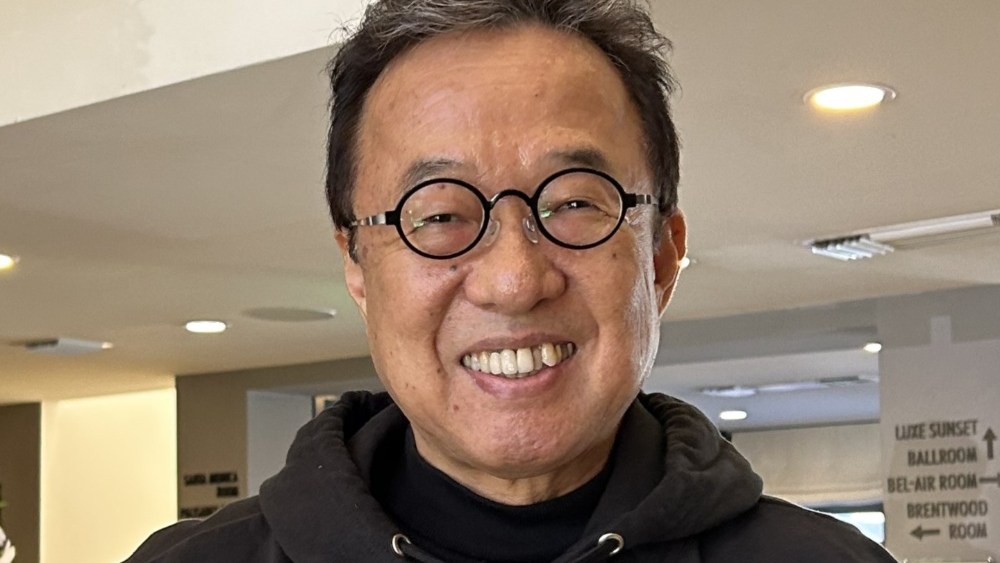
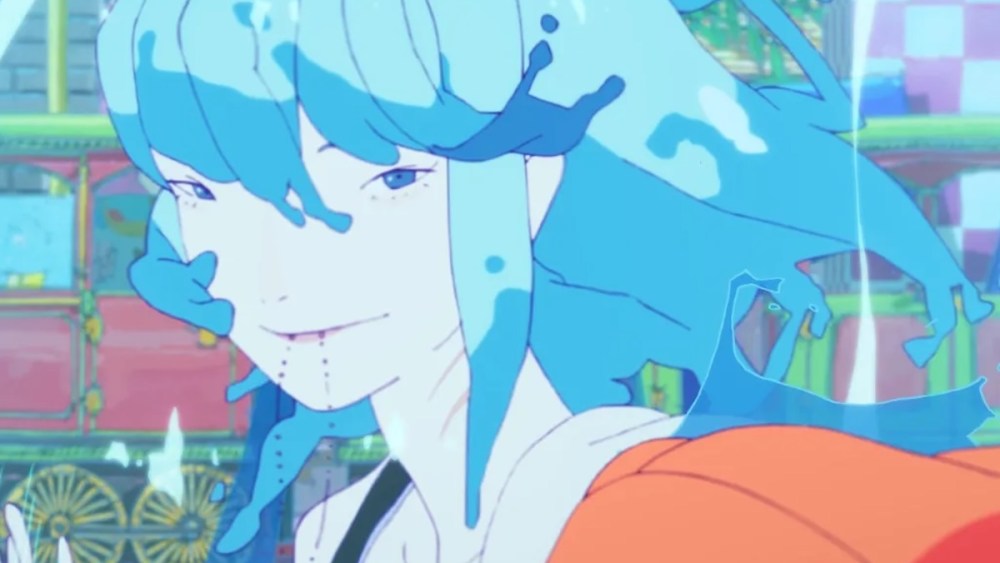



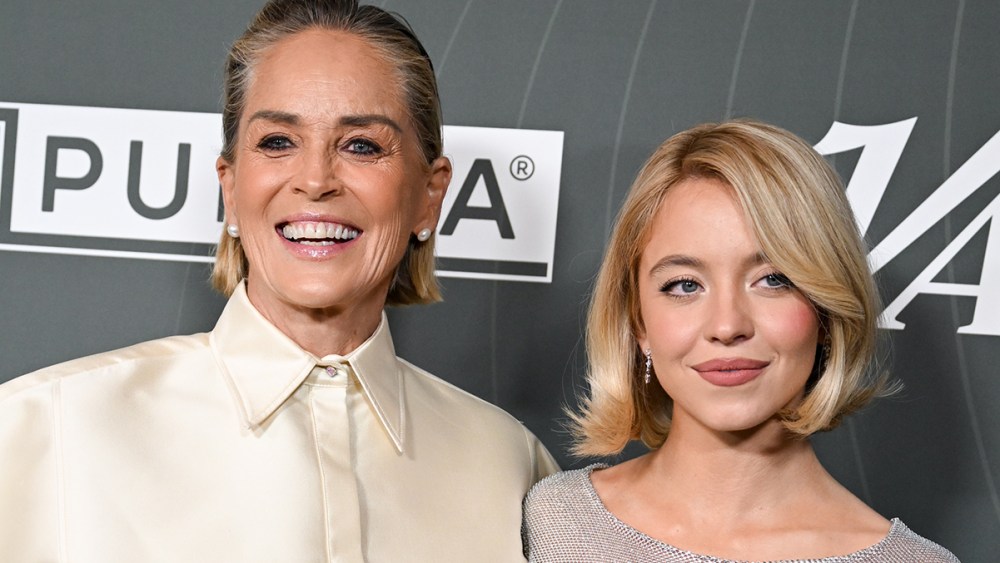

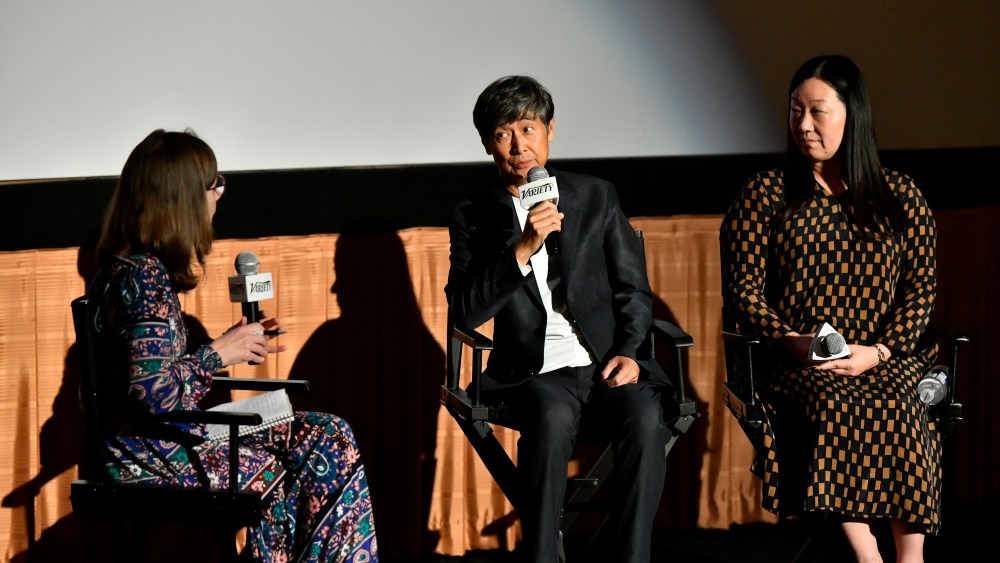
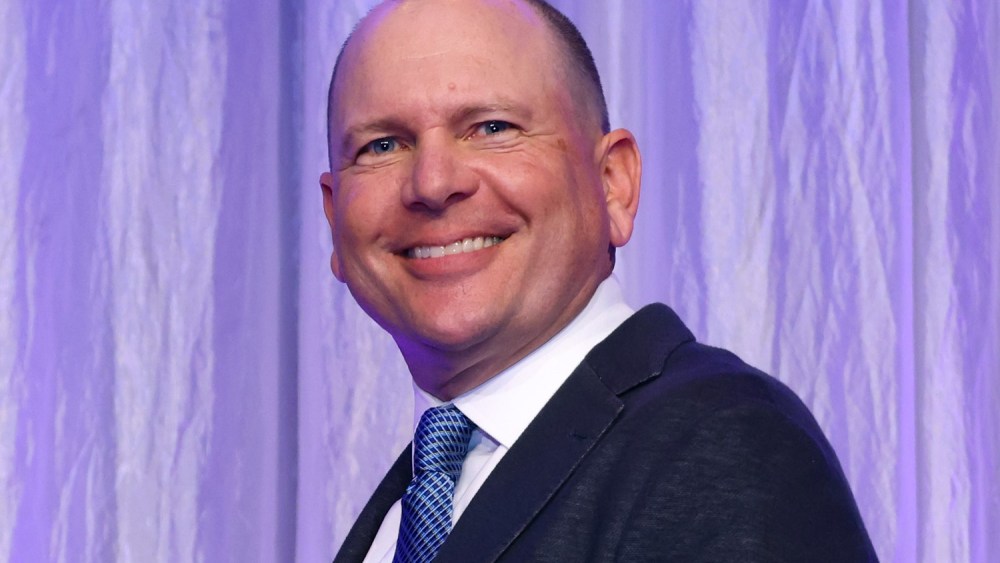

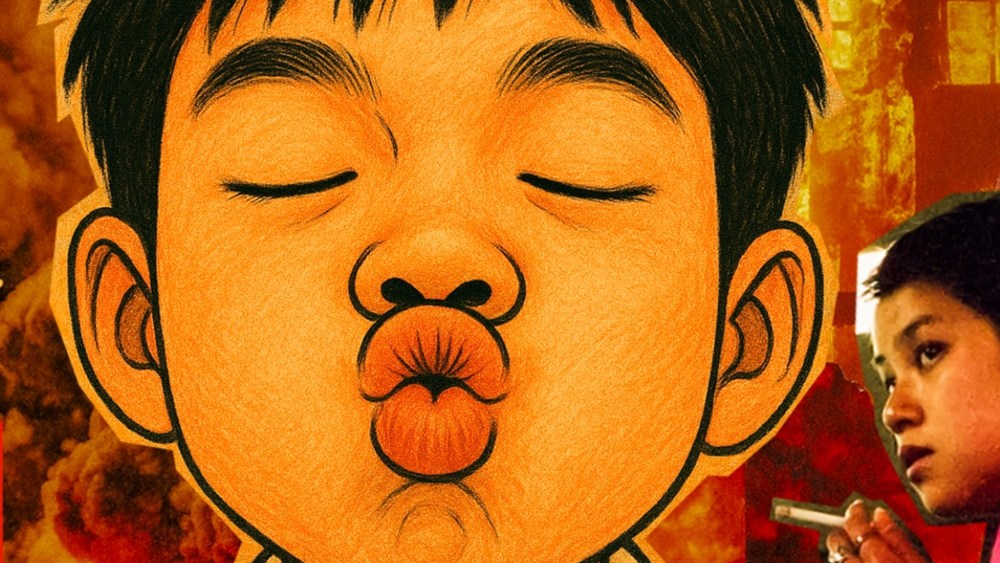


Leave a Reply